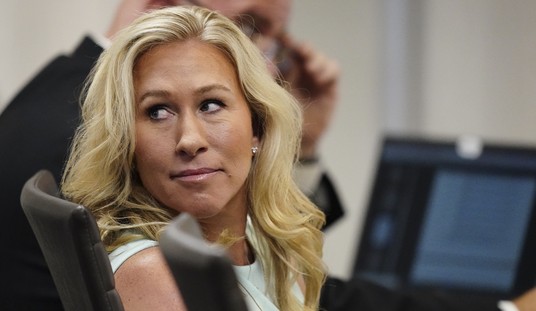Last year, Germany obtained its first female Defense Minister in the person of Ursula von der Leyen. Given that the reign of Angela Merkel is getting rather long in the tooth, Time Magazine was quick to ask if the world was looking at the next Prime Minister. But with tensions building up in multiple hotspots around the globe, Germany’s military is coming under scrutiny, in part over questions regarding their ability to get their financial house in order.
Ursula von der Leyen, Germany’s defence minister, on Monday pledged to get a grip on Germany’s military equipment budget after publishing a report on repeated failures in controlling suppliers, costs and delivery deadlines.
The conservative Ms von der Leyen, a rising star of the ruling CDU/CSU coalition, hired KPMG, the consultancy, to examine the ministry’s procedures after a series of cost over-runs and delays on nine key defence projects.
Ms. von der Leyen’s office is already under the microscope for a couple of embarrassing missteps in providing military and technical support to NATO allies. This prompted The Economist to ask if Germany is truly capable of taking part in current military missions and support their allies.
Mrs von der Leyen has some explaining to do. Airbus should finally deliver the first of its new A400M aircraft to replace the old Transalls this autumn, she said. The other maintenance problems, she claims, date back to her predecessors and have come to light because more is being asked of the army.
All true, but the question remains whether in a crisis Germany could meet its obligations as part of NATO. With Russia’s aggression in Ukraine on their minds at their summit in Wales last month, the 28 allies renewed their pledge to commit at least 2% of GDP to their armed forces. Germany has steadily cut its defence budget. It spends only 1.3%, putting it 14th among alliance countries.
For decades now, Germany has enjoyed essentially the same favorable position that the Japanese have. After being defeated by allied forces in World War 2, both countries were viewed suspiciously in terms of allowing them to rebuild their military capabilities. As a sort of exchange for being disarmed, the United States largely took over responsibility for seeing to their security. We kept military bases on their territory – which was also advantageous for us, to be sure – and acted as their Big Brother on the international playground. This, in turn, allowed both nations to put all their muscle into economic development, bringing them to dominant positions in the global marketplace while not having to spend the type of cash we did on maintaining a formidable military force.
Now we live in the era of tight budgets and a retracting American military footprint. Expectations of Germany’s participation in international military affairs is increasing, but they may not be up to the challenge. Dr. James Joyner, a professor of security studies for the military, excuses some of the Germans’ past decisions, but thinks they are going to have to find a way to step up to the plate soon.
I’ve long defended Germany, in that, unlike the Brits and French, their underwhelming contribution to NATO was at least matched by a modest set of foreign policy ambitions. The Brits and French have cut back their defense spending almost as much—to the extent they couldn’t even undertake a tiny mission like the air campaign over Libya without massive American assistance—but continue to have superpower ambitions for policing the world. Germany, by contrast, has basically seen its military mission simply the protection of its homeland and that of its NATO allies.
If Germany is serious about being part of a global police force, then it’s going to have to meet the NATO minimum of 2% GDP for defense. Thus far, it’s not looking like there’s the will to do that. In which case, perhaps they should go back to their previous announced foreign policy.
If the will truly “doesn’t exist” among the German people to take part in such exercises, then more people than just the Germans will need to reevaluate their role. Germany is a valued ally, and if it weren’t for them the EU would be in a lot more trouble than it currently is. But if Angela Merkel – and von der Leyen as her possible successor – want to play ball in the military policy field, they’ll need to find both the will and the resources to become more significant actors in the power play.







Join the conversation as a VIP Member